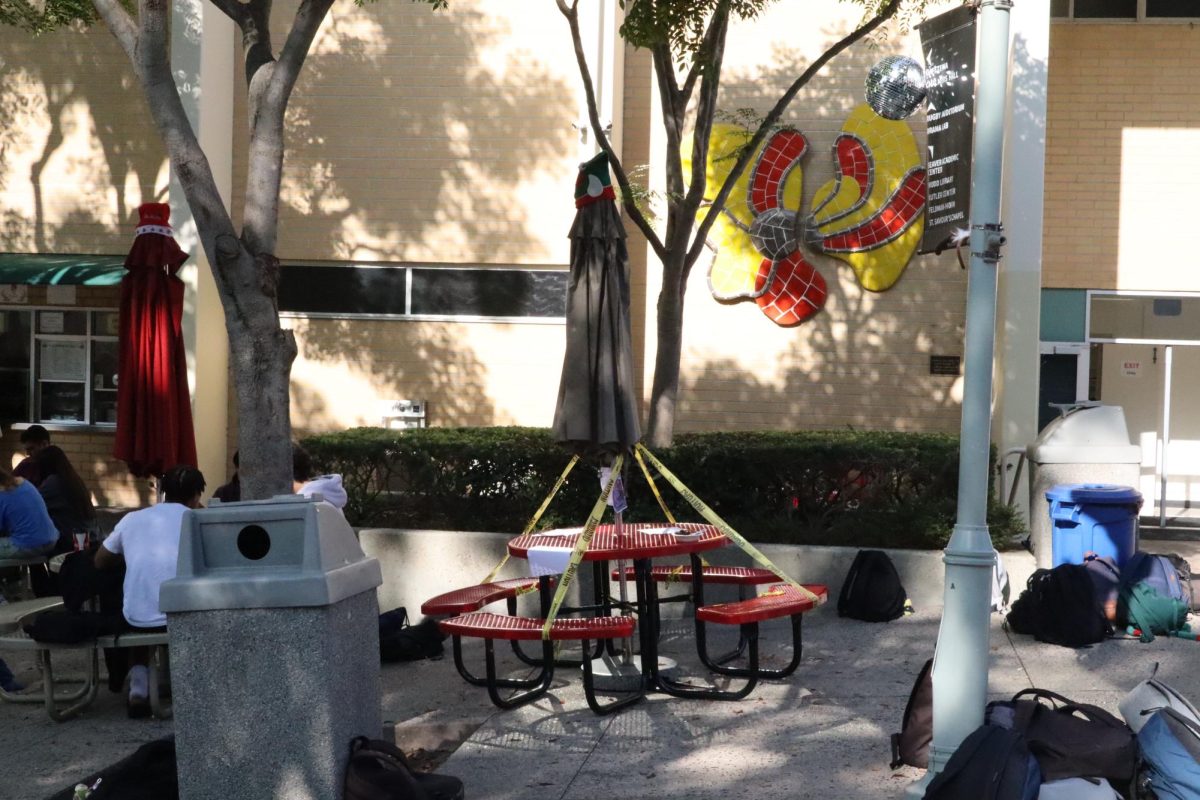Humans are the only organisms on Earth that create unusable waste, and the effect this has on the environment is disastrous. Light pollution, air pollution, water pollution, land pollution — how much pollution can we create, and how much pollution can the Earth handle?
The answer is “no more.” Yet, while may people realize this, they don’t realize that what they consider to be a sustainable lifestyle is not, in fact, sustainable. They don’t understand that their daily actions can be detrimental to the environment.
This is not to say that people are actively trying to hurt the environment. Rather, any harmful actions often come from a place of ignorance. This is why an environmental science course should be mandated at the school. By informing students about how to better the environment, we can catalyze major shifts in their lifestyles in addition to a cultural shift on campus. If everyone knows how they are damaging the environment, students can work on making daily life more sustainable.
In my AP (Advanced Placement) Environmental Studies class, students engaged in an exercise where they calculated the number of Earths needed to sustain each student’s lifestyle if the human population consumed the same amount of resources. The results were striking — even the person with the lowest ecological footprint in the class required 1.7 Earths to sustain their lifestyle. The highest needed a staggering 8.9 Earths. It was after this class that students became aware of the extent to which they were harming the Earth. It was knowing the impact of your actions but also the way in which everyone’s actions were put on display for the class to judge.
Instituting a mandate requiring all students at the school to take an environmental science course would help educate students on our patterns of overconsumption as well as foster a deeper understanding of the pressing climate crisis. Many people in the class began buying drinks in aluminum cans and eating the vegetarian options in the cafeteria after this class. In an era plagued with environmental challenges, equipping students with the knowledge and tools to address these issues is essential for creating informed and responsible global citizens.
This instruction could easily be mandated for next year’s sophomores during Sophomore Seminar. The curriculum for this meeting is constantly changing, and even making a few meetings about sustainability could make a big difference. These classes wouldn’t have to cover a full environmental science curriculum, but they theycan instead focus on how people affect the environment, enabling students to implement this knowledge in their lives.
It’s tempting to blame others for the harm that we cause it’s the cafeteria’s fault, the factories’ fault or the planes’ fault. But it’s not. The real culprit is the culture of wastefulness and nonchalance that our world has cultivated. In order to instigate real change, we must begin with changing students’ mindsets. Being a high school filled with budding and developing minds, there is no better place to start this change. We are the next generation’s change-makers, but how can we make meaningful changes if we don’t know what needs to be changed?



























